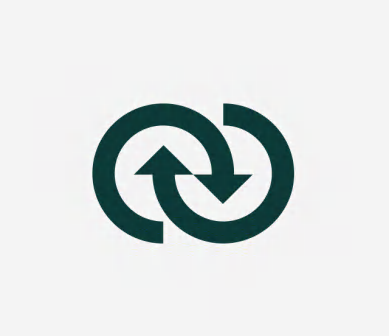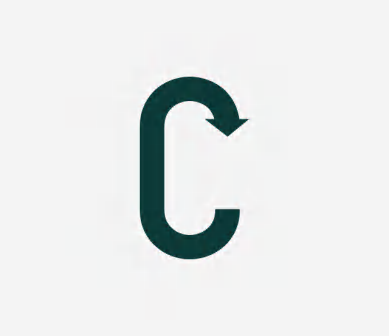Design for Sustainability
Design with less. Design smarter. Design for progress.
Take it apart, find the impacts, and design it better.
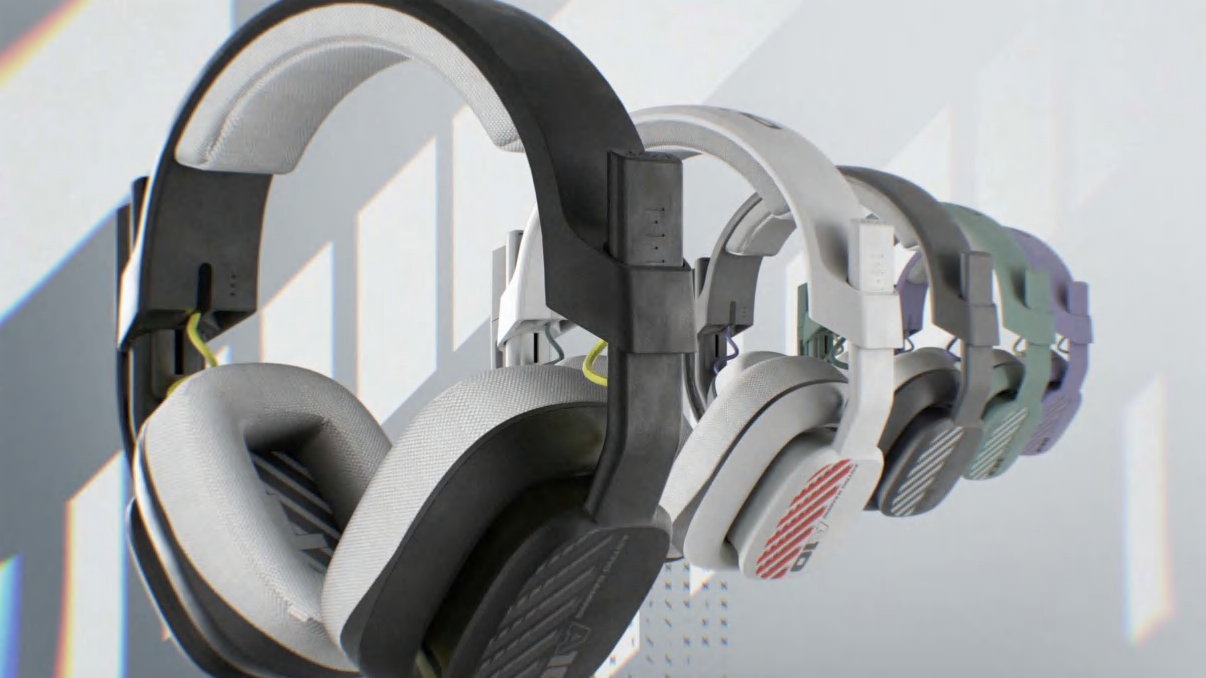
There will always be a better way
Although we continue to make meaningful progress in reducing our impact, the magnitude of challenges facing our industry necessitates an ongoing need for action. This simple fact drives our commitment to Design for Sustainability.
The solutions live in using data to inform design
Design choices can be complex. Innovation is the right blend of logic and creativity. We use various design tools and guidelines to help our teams select between design concepts based on impact. It’s all about understanding data to inform better design decisions.
Transform the impacts
Ultimately, through design modifications and innovation, we seek to reduce the impacts of our products – minimizing our entire carbon footprint, improving the circularity of our products, and increasing our positive impact on society.
The products you love - designed better
Design for Sustainability looks back as well as forward. We continually revisit the products in our portfolio by disassembling and re-evaluating them. We look for hidden impacts and find ways to improve their sustainability performance with better materials, production processes, and packaging.
Logitech G A10 Gaming Headset
38%
Carbon Impact Reductioncompared to the previous generation
57 tons
of CO2 avoided per 100,000 units.
That’s about 140,000 miles in a gas-powered carsource: EPA.gov [https://www.epa.gov/energy/greenhouse-gas-equivalencies-calculator]
A process for continuous improvements
Design for Sustainability is a complex process. In short, Logitech uses its assessment tools to collect data on carbon, circularity, materials, and packaging, ultimately leading to meaningful changes.
Reduce waste and extend life
Reduce waste and extend life
Circular Design is about maintaining materials in a closed loop for as long as possible before the end of life. Our Circularity Assessment Tool helps us make better decisions for the longevity, reuse, and recyclability of products. Our use of Next Life Plastics is just one of the ways we are embracing circularity to reduce the carbon footprint of our products.
3 in 4
Logitech products are made with Next Life, recycled plastic
Brio 500 Webcam
52% certified post-consumer recycled plastic parts

Assess and improve carbon impacts
Assess and improve carbon impacts
Designers use our Product Impact Calculator Tool to project the carbon footprints of concepts early in the design process. They rapidly assess multiple design options and choose a variation with a lower carbon footprint. The same approach can be used to analyze entire portfolios and drive carbon reductions at scale.
MX Mechanical Mini Keyboard
40%
carbon footprint reduction through DfS design decisionsCompared to the do-nothing design scenario
600 tons
CO2e avoided carbon per 100,000 unitsCompared to the do-nothing design scenario
Reduce energy consumption
Reduce energy consumption
All-in-one systems draw less power than traditional room systems.Video conferencing room solutions require fewer devices and can draw less power compared to room systems requiring an external compute or additional speakers and microphones Logitech’s CollabOS software is designed to automatically detect when a conference room is empty and power down equipment.
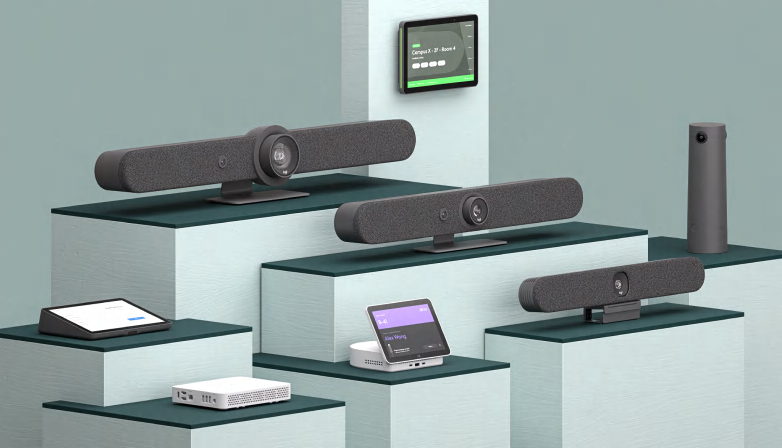
Reduce and improve packaging
Reduce and improve packaging
We evaluate packaging design options for optimal performance. That includes using fewer materials by weight, eliminating single-use plastics when possible, and reducing carbon impact while balancing requirements for protection, cost, and experience.
G735 Wireless Gaming Headset
- FSC-certified paper packaging
- 36% recycled content
- Wood fiber tissue wrap
- Molded pulp tray
- 99% paper packaging, by weight, to support curbside recyclingwhere recycling facilities exist
In everything we imagine.
In everything we do.
Our work is informed by 15 Design for Sustainability Principles. These principles guide our product teams towards lower-impact, more circular design solutions.

Design products that last

Create emotional durability

Grant right to repair

Close the loop

Go beyond hardware

Chemical control

Enable recyclability

Choose lower impact components

Optimize architecture

Choose better materials

Use clean and efficient manufacturing

Use efficient distribution

Design low-impact packaging

Enable efficient use

Make a positive contribution
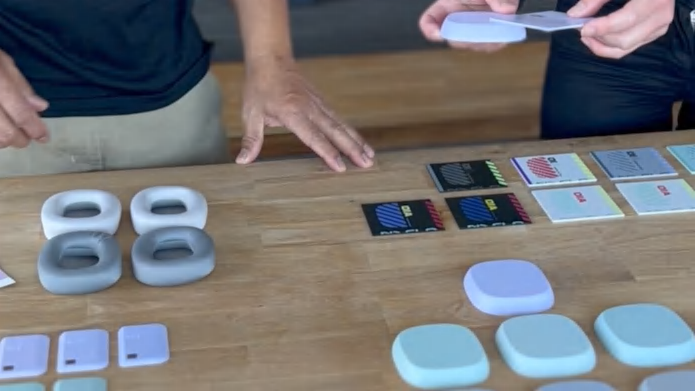
Collaborate, find what works, and go fast
Industry collaboration for sustainability boosts innovation and accelerates results. The best way to gain exposure to new ideas is to partner with disruptive entrepreneurs and startups who have identified unique engineering solutions.
Finding and accelerating breakthrough technologies moves the entire consumer electronics sector forward.
